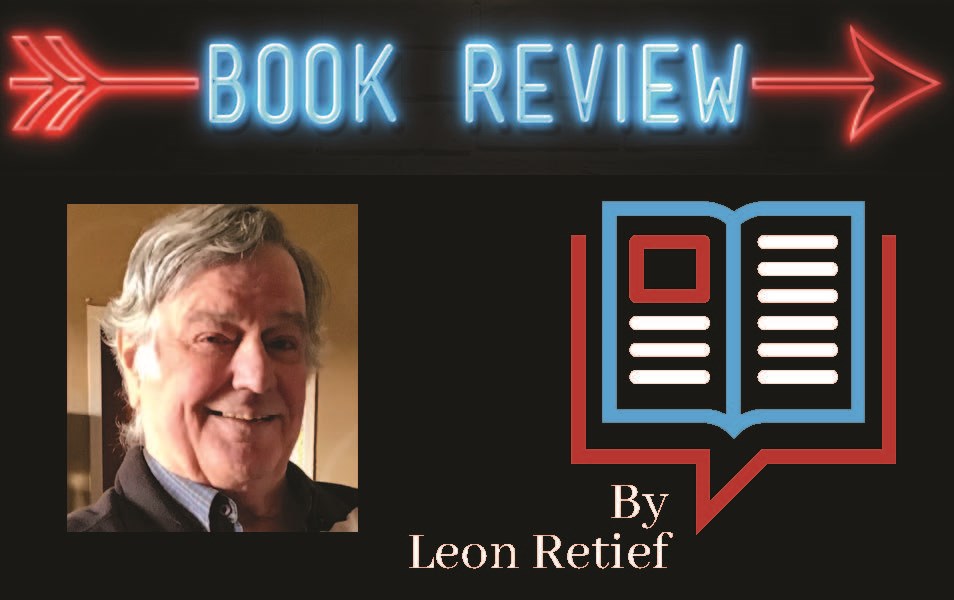A Heretic’s Manifesto: Essays on the Unsayable.
Brendan O’Neill.
Spiked, 172 pages
Brendan O’Neill is a widely published journalist who has written for, believe it or not, Catholic Herald as well as Abortion Review. Interestingly enough, in 2019 he declared himself a Marxist libertarian.
Like the late great Christopher Hitchens, he enjoys stirring the pot with clearly reasoned opinions and I suspect many people, especially those in academia, will find at least parts of this book heretical.
In 10 essays subjects such as trans activism run amok, censorship/freedom of speech, racism, whiteness, pride and “hate” are addressed.
Most of the theories foundational to the above originated in institutions of censorship and indoctrination in North American universities, and it is clear that the trees bearing the fruit of, um, academic scholarship are in dire need of vigorous shaking. In this O’Neill succeeds admirably.
Many of the essays touch on the impact of identity theory: “… the Floyd fallout represented the entrenchment and even globalization of something very different … identity politics. This forever racialism, this religion that demands ceaseless white atonement for unending black pain, is one of the central planks of today’s culture of intolerance. You question it at your own risk.”
Museum exhibits have been removed to prevent “harm”, for the same reason students of English literature graduate without opening a book on Shakespeare, modern science is “white and racist” as is Beethoven’s Fifth Symphony.
O’Neill discusses how treating people according to their supposed group identity has resurrected hateful concepts from the past: racism, class hatred, lists of prohibited speech, forced speech, censorship and, most of all intolerance.
He finds parallels with Orwell’s Newspeak: the phrase “sex assigned at birth” has infiltrated language. That is to say, we cannot know the biological sex of a neonate, and therefore we should not attempt to “assign” one. Biology is bigotry. “… when we are incited to be unsure of our own identities, uncertain even about the meaning of our births, and always obedient in our thought and speech, we are less free beings than malleable beasts…”
It is therefore quite possible to say that a woman can have a penis and expect to be taken seriously.
The most pernicious result of political correctness, we are told, is its effect on our inner life, as well as how it changes language and internalizes “correct thought.” I am reminded of the nurse who is being investigated by the thought police health regulator for supporting JK Rowling.
The Covid pandemic was real and vaccinations were necessary, but as O’Neill points out, government and bureaucratic overreach eroded much of public trust. Mainstream media enthusiastically cooperated with bureaucracy, see the link at the end. (Full disclosure: I was wholly in favour of masks at the time.)
O’Neill sees a link between overreach on the one hand and censorship by technocrats on the other. “Lockdown has copper-fastened the vision of the individual as a pestilent creature, a plague not only on the Earth but on other people, too.” Just Stop Oil and Extinction Rebellion come to mind.
A valuable aspect of what may or may not be called Western Civilization is freedom of speech – the right to criticize, to offend and, of course, vice versa.
“Words do wound… Words hurt people, they hurt institutions, they hurt belief systems. Words make churches tremble and ideologies quake. Words inflict pain on priests princes and ideologues. Words upend the social order. Words rip away the comforting ideas people and communities might have wrapped themselves in… Words cause discord, angst and even conflict. Isn’t every revolution in history the offspring of words? Of ideas?... “
The views and opinions expressed in this article are those of the author, and do not necessarily reflect the position of this publication.




